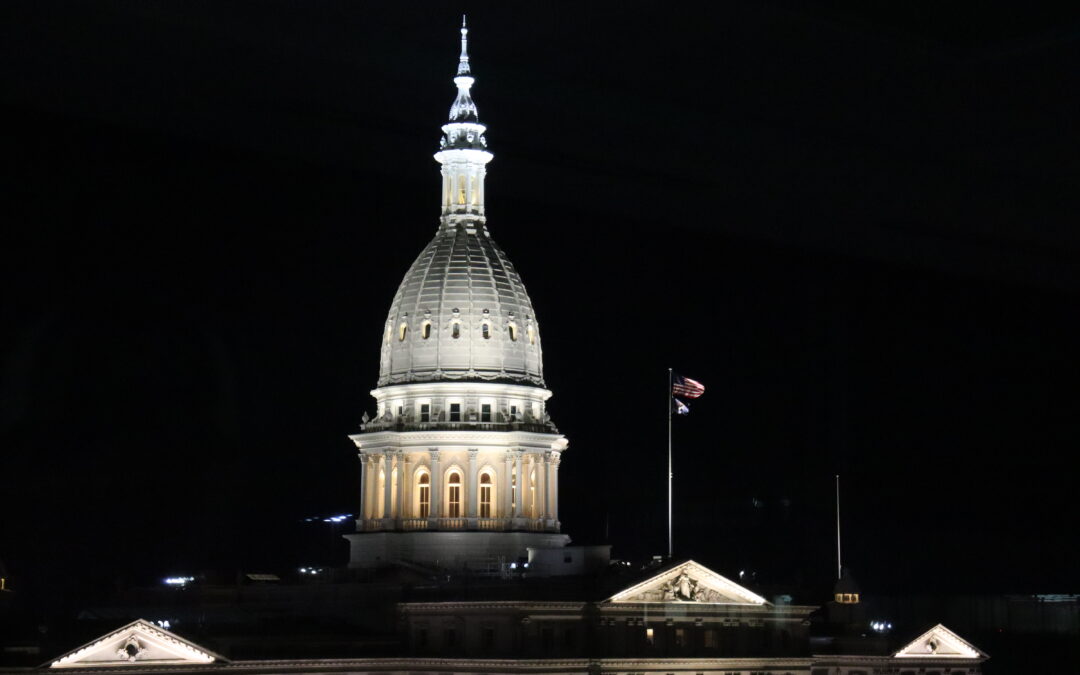New Case Studies on the Flaws of Corporate Welfare
Lansing, MI – It’s a tale as old as time: Lansing spends billions of our tax dollars promising new jobs but comes up short when the rubber meets the road.
This term Lansing has handed out billions of our dollars to big businesses promising thousands of ‘good-paying jobs’. But this week taxpayers received updates on two “investments” that are coming up short on their promises.
First, the BlueOval Ford Battery Park in Marshall. Lansing approved spending 1.7 billion tax dollars towards the site, promising ‘thousands of good-paying jobs’ that will ‘revitalize’ our economy. But this week the state scaled back its investment, after Ford significantly reduced the site’s scale and projected job creation.
Second, the Billerud Paper Mill in Escanaba. Again, Lansing approved $200 million tax dollars towards the site, promising to save thousands of local jobs. But the state rescinded those dollars this week after Billerud canceled the site expansion.
“It’s an economic development strategy inspired by the Charlie Brown football gag,” said Zach Rudat, Advocacy Director for Michigan Freedom Fund. “Time and time again, Lansing gives handouts to big corporations promising new jobs, but time after time they come up short.”
Despite the “investments” from the state, both Ford and Billerud cited rising costs and dismal returns on investments as reasons to scale back their investments in Michigan.
“It’s easy for Lansing to throw money at a problem instead of solving it, but no corporate handout is big enough for job providers to overlook the bleak economic conditions Democrats have created in Michigan,“ Rudat continued. “If we want families and job providers to thrive and invest in Michigan, we need to make it easier for them to do so. We won’t get there with the government picking winners and losers, we get there with a fair, stable economy that works for everyone.”
Senate Republicans have introduced a plan to do just that: the Grow MI State plan. House Republicans have also introduced a plan that would add transparency and oversight to subsidy dollars, ensuring taxpayers have greater insight into how their tax dollars are spent.
# # #


